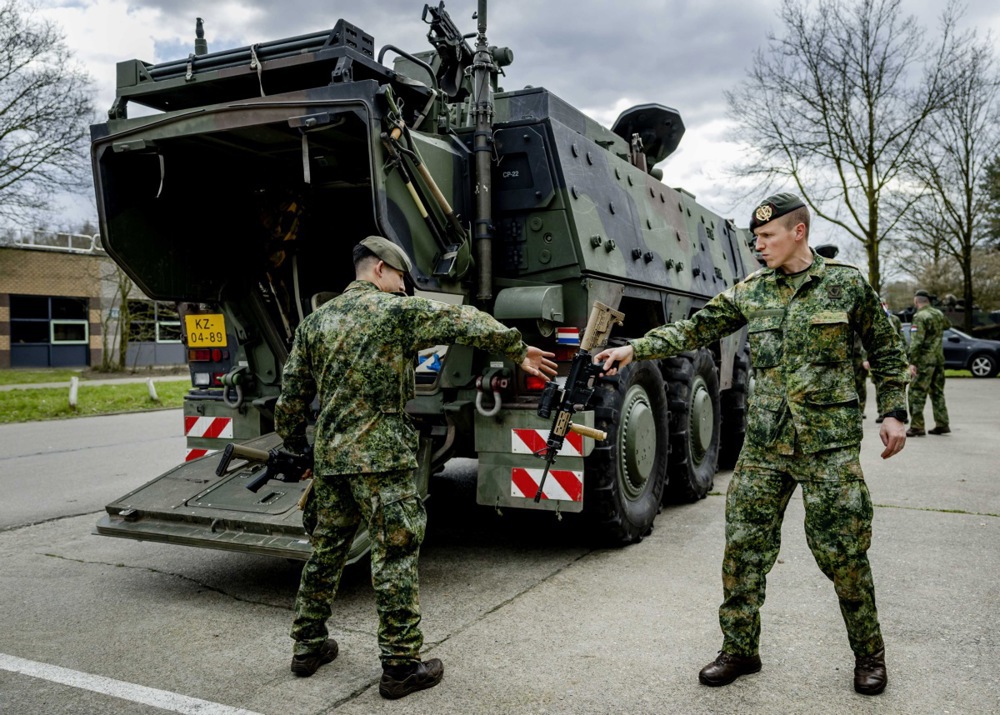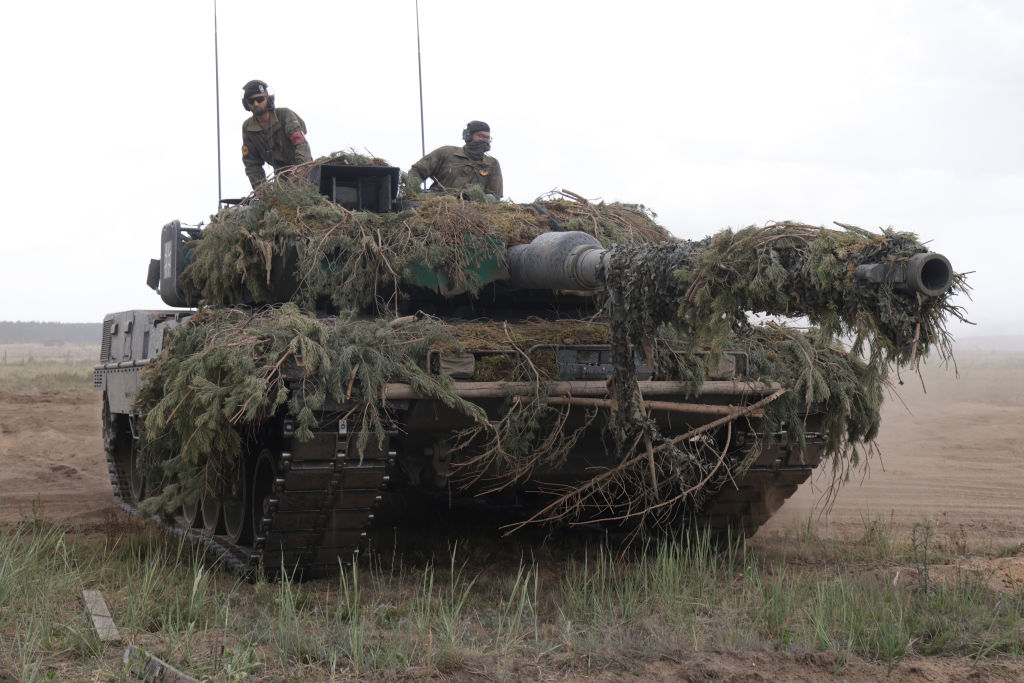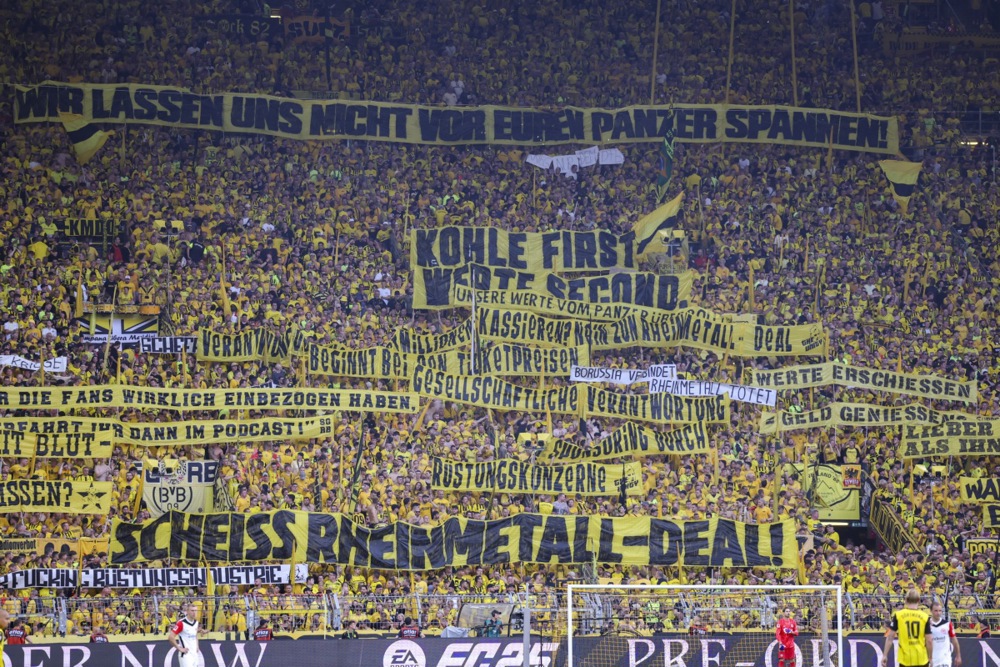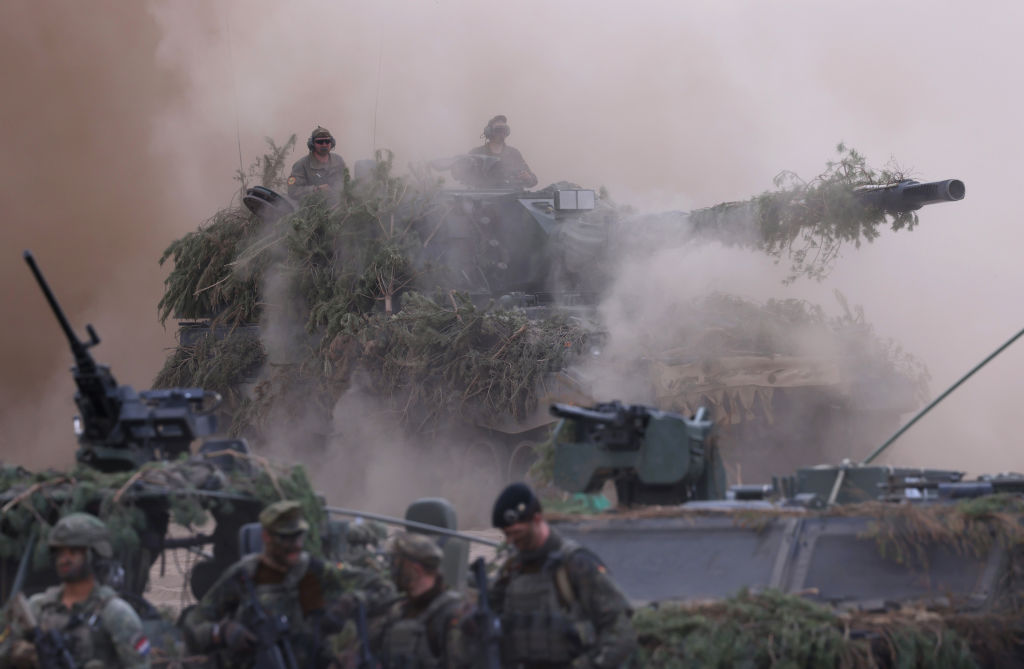A new defence pact between London and Berlin will allow for German warplanes to operate off the coast of Scotland.
Under the deal, Germany’s Armed Forces’ multipurpose maritime patrol aircraft, the Boeing P-8 Poseidon, will patrol in the North Atlantic.
Furthermore, both countries will co-operate to protect vital underwater cables in the North Sea.
They will together develop long-range weapons with a further reach than the current Franco-British Storm Shadow cruise missiles, which have an operational range of 550km.
In a joint venture, the two countries are also building new tanks and armoured vehicles for the British Army. Germany’s Rheinmetall and the UK’s BAE Systems-formed RBSL will manufacture the Boxer armoured fighting vehicle and the latest Challenger 3 tank in Telford, Shropshire. The move is expected to create more than 400 jobs.
Collaboration between the UK and Germany in the development of new land and air drones is also anticipated.
According to UK defence secretary John Healey, the agreement signed on October 23, was a “milestone” in the relationship between Germany and the UK that will strengthen European security.
“It secures unprecedented levels of new cooperation with the German Armed Forces and industry, bringing benefits to our shared security and prosperity, protecting our shared values and boosting our defence industrial bases,” Healey said in a press release.
German defence minister Boris Pistorius said in a statement before the signing of the agreement: “The UK and Germany are converging. With projects in the air, land, sea and cyber domains, we will jointly increase our defence capabilities, thereby strengthening the European pillar in NATO.
“It is particularly important to me that we work even more closely together to strengthen NATO’s eastern flank and close critical capability gaps, for example in the field of long-range weapons,” Pistorius said.
“We must not take security in Europe for granted,” he said, adding the projects being undertaken would be open to other partners.
Officials said the pact would mean British and German forces committed to NATO in Estonia and Lithuania. They would exercise and operate together more closely, ensuring that “land forces on NATO’s eastern flank remain a strong deterrent and are ready to fight and win if required”.
UK Prime Minister Keir Starmer has said he intended to “reset” relations with the European Union’s key members and the defence agreement marks the first pillar of an expanded UK-Germany treaty.
Traditionally, the UK has collaborated most with the French military, also a nuclear power and until now a relatively more active force than the German one.





